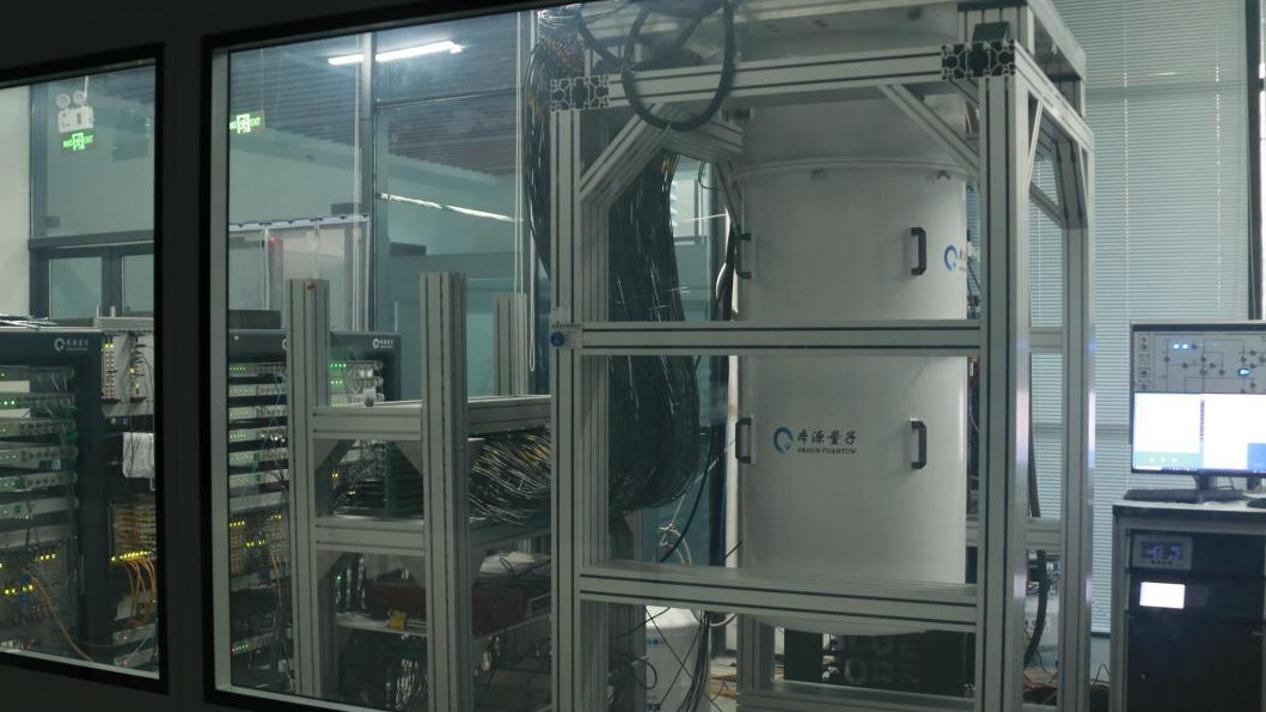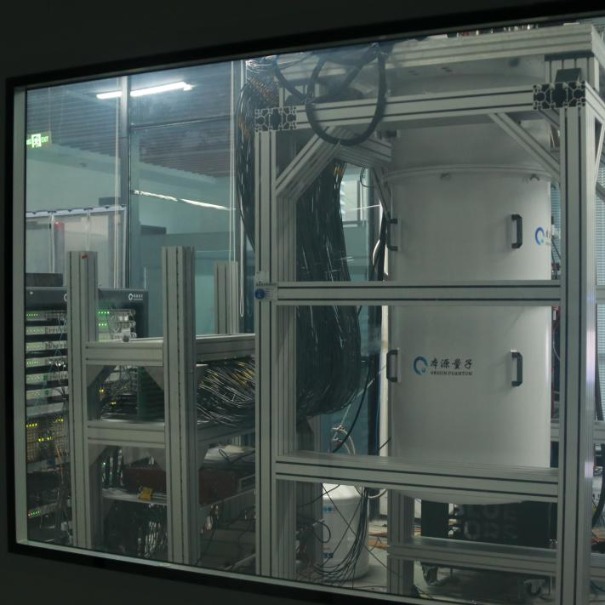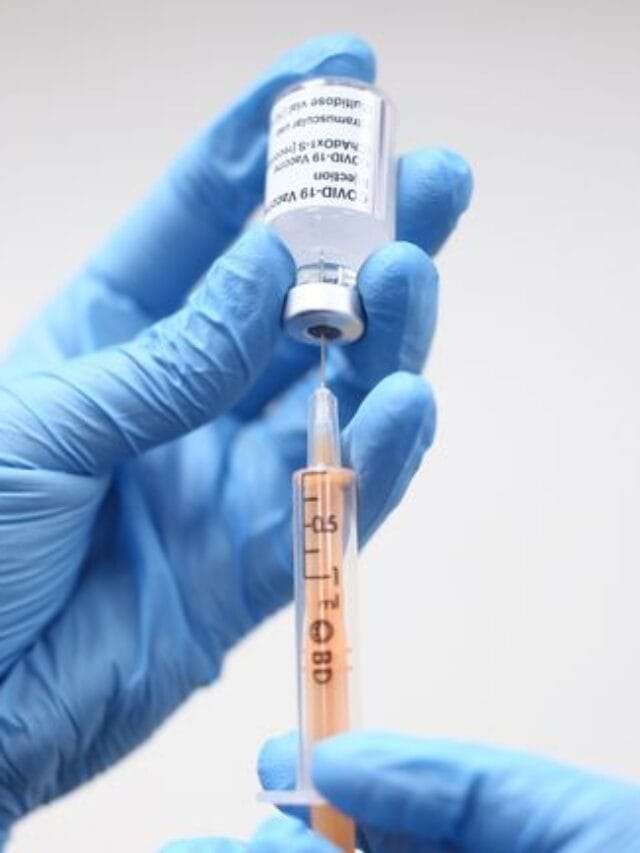A medical university will use quantum computing technology to accelerate the development of small molecule drugs and improve the efficiency of drug design, bringing new ideas to pharmaceutical research and development models.

According to Zhang Yixuan, a researcher at the BMU School of Pharmacy, small molecule drugs can easily penetrate the cell membrane to reach any location and interact with target proteins to exert the corresponding therapeutic effects. Designers of small molecule drugs use molecular docking to find matching pairs of small molecules and target proteins.
According to Zhang Yixuan, a researcher at the BMU School of Pharmacy, small molecule drugs can easily penetrate the cell membrane to reach any location and interact with target proteins to exert the corresponding therapeutic effects. Designers of small molecule drugs use molecular docking to find matching pairs of small molecules and target proteins.
Quantum computing technology can break through the computational bottlenecks in traditional small molecule drug design. Moreover, the technology can significantly improve its speed and accuracy, opening up a path for more efficient and precise drug screening.

According to Origin Quantum, its team has developed a series of applications for drug design based on the Origin Wukong, the third-generation superconducting quantum computer, which can effectively predict the properties of drug molecules and their interactions with each other.
Traditional molecular docking practices rely on high-performance computer clusters for extensive calculations, which are often slow and lack precision.
“This will lay a solid foundation for the design of small molecule drugs, accelerate the development of innovative drugs, and promote progress in the life sciences sector,” said Dou Menghan, vice director of the Quantum Computing Engineering Research Center of Anhui Province.
Read More-Infinitix Partners with ENLight and Supermicro to Launch Asia’s Most Advanced AI Computing Center























